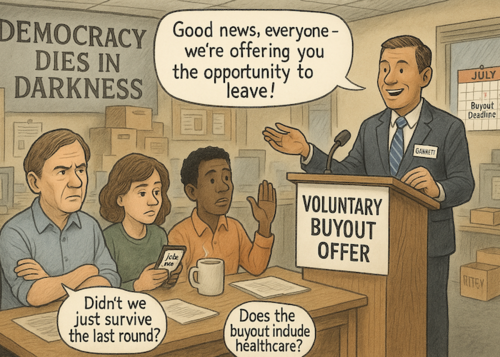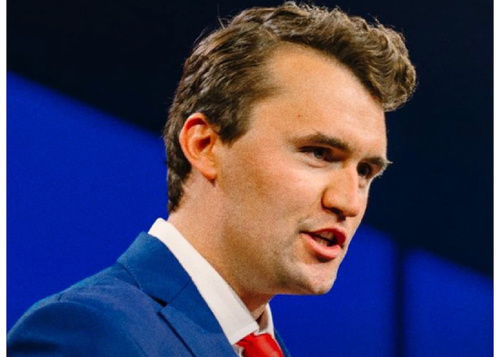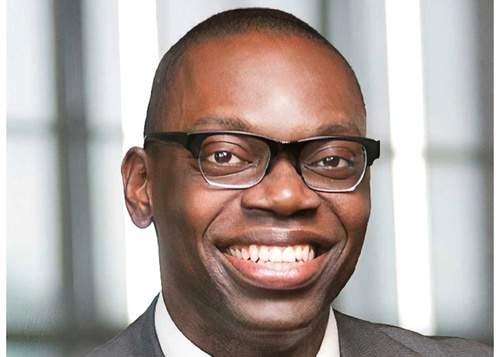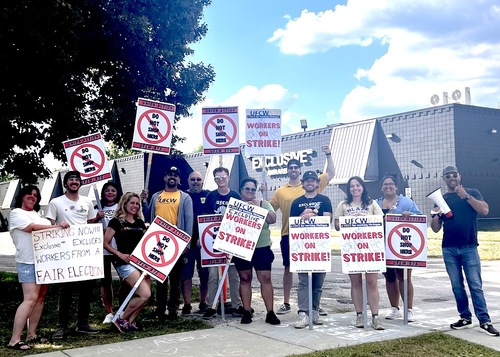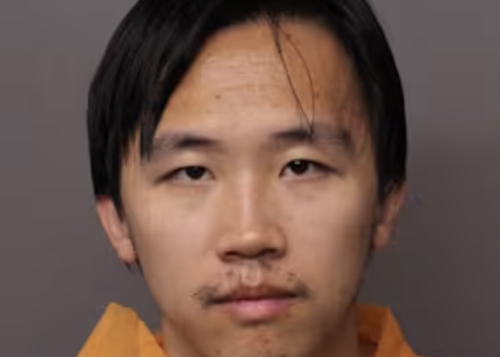The Detroit Free Press, which has offered multiple buyouts over the years and has seen its staff shrink dramatically since its more prosperous days, is once again offering voluntary buyouts.
Gannett, the parent company of the Free Press, sent notices company-wide — including to staff at the Free Press — stating that employees must notify management of their intent to accept the offer by July 30 and work through September 5. Gannett added that it reserves the right to accept or reject any employee’s request for the buyout.
Lark-Marie Antón, Gannett’s chief communications officer, issued the following statement to Deadline Detroit:
“As Gannett continues to focus on revenue growth, we are proactively making strategic decisions to embrace innovation, which includes leveraging automation to realize efficiencies and adapt our organizational cost structure. This VSO allows us the near-term flexibility to drive improvement while recognizing the value of our employees.”
In a memo to Gannett employees, CEO Mike Reed wrote:
“Given our static revenue trends, we need to adjust our organization to effectively meet the needs of our business today and position ourselves for sustainable growth in the future as we continue to use AI and leverage automation to realize efficiencies.
"As we make progress toward achieving these goals, we have decided to offer a voluntary severance package to eligible employees to reduce our overall cost structure as we strive for revenue growth.”
The buyouts come at a precarious time for the Free Press, just months before the Free Press and Detroit News plan to end their Joint Operating Agreement (JOA) at the end of the year. The JOA, in place for 36 years, has combined the business operations of the two papers to reduce costs.
The JOA is set to officially end in December, leaving employees at both newspapers with increased uncertainty about the future of the publications. The Freep newsroom has about 100 employees.
Eric Lawrence, president of the Detroit Newspaper Guild, tells Deadline Detroit: “We’re not going to prevent people from taking it. We still have questions, obviously.”


 by
by
